Top 8 Health Benefits of Whey Protein
Whey protein powder is created by separating dairy proteins from liquid and converting them to a more portable form. As a result, whey protein contributes to ... read more...the preservation of some of the health advantages of milk that would otherwise be lost during the cheese-making process. Whey protein is a complete protein because it contains all nine essential amino acids. It has a low lactose content. There are numerous advantages to consuming whey protein, and researchers are constantly discovering new potential medicinal characteristics. Here are the best health benefits of whey protein.
-
Whey is a liquid that separates from milk during the cheese-making process. Whey protein is the protein component of whey. It is a complete protein of high quality that contains all of the essential amino acids. Furthermore, as compared to other types of protein, it is incredibly digestible and swiftly absorbed from your intestines. These characteristics make it one of the best protein-rich foods accessible. There are three main types of whey protein powder:
- concentrate (WPC)
- isolate (WPI)
- hydrolysate (WPH)
The most frequent and least expensive variety is concentrate. Whey protein is a popular nutritional supplement among bodybuilders, athletes, and anyone who wishes to add more protein to their diet.
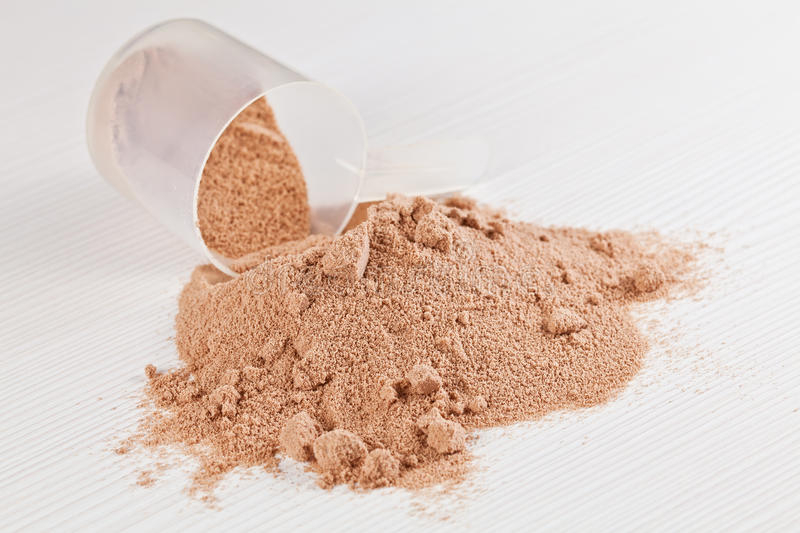
An excellent source of high quality protein 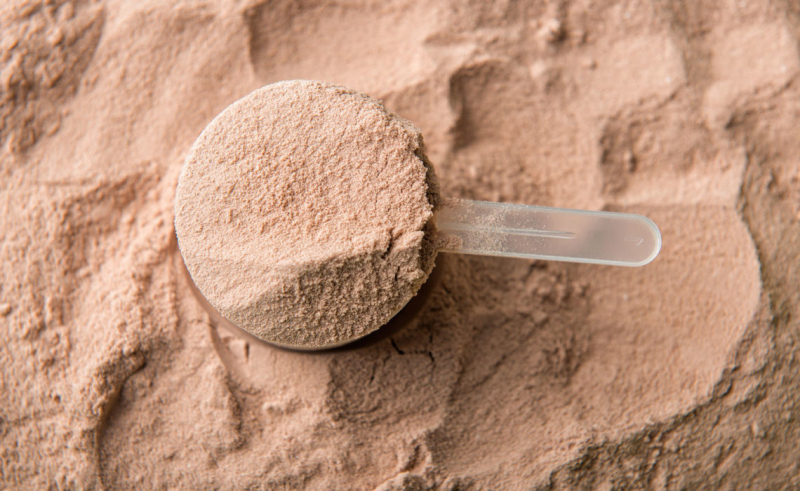
An excellent source of high quality protein -
Muscle mass naturally reduces as you become older. This frequently results in weight gain and increases the risk of numerous chronic diseases. However, with a mix of strength exercise and a healthy diet, this negative change in body composition can be slowed, stopped, or reversed. Strength training combined with a high protein diet or protein supplementation has been demonstrated to be an effective preventive strategy. High-quality protein foods, such as whey, are very effective.
Whey is high in leucine, a branched-chain amino acid. Leucine is the most anabolic (growth-promoting) amino acid. As a result, whey protein is beneficial for preventing age-related muscle loss as well as improving strength. Some studies suggest that whey protein may be somewhat better for muscle building than other forms of protein, such as casein or soy. However, unless your diet is already deficient in protein, supplements are unlikely to make a significant effect.
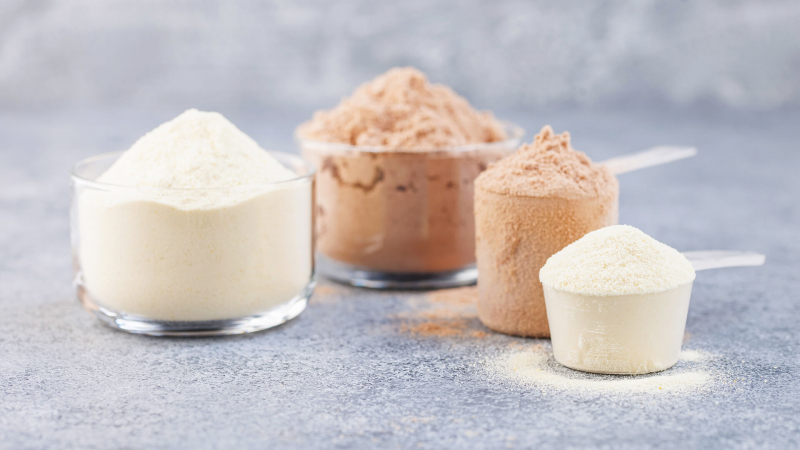
Promote muscle growth 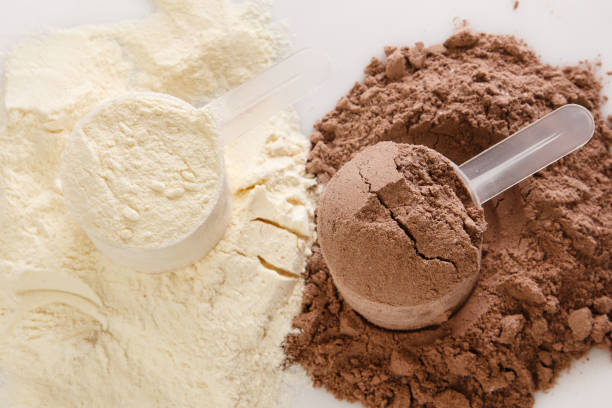
Promote muscle growth -
Hypertension (excessive blood pressure) is a major risk factor for heart disease. Numerous studies have found that eating dairy products lowers blood pressure. This action has been attributed to a class of bioactive peptides found in milk known as angiotensin-converting-enzyme inhibitors (ACE inhibitors). Lactokinins are ACE inhibitors found in whey proteins (14Trusted Source). Several animal studies have shown that they are good for blood pressure. A small number of human studies have been conducted to evaluate the effect of whey proteins on blood pressure, and many experts believe the evidence is equivocal.
In one research on overweight people, 54 g of whey protein per day for 12 weeks reduced systolic blood pressure by 4%. Other milk proteins (casein) had comparable results. Another study demonstrated substantial improvements after individuals were administered whey protein concentrate (22 g/day) for 6 weeks. Blood pressure, on the other hand, was reduced solely in those who had high or somewhat increased blood pressure, to begin with. A study that employed significantly smaller levels of whey protein (less than 3.25 g/day) blended in a milk drink found no significant effects on blood pressure.
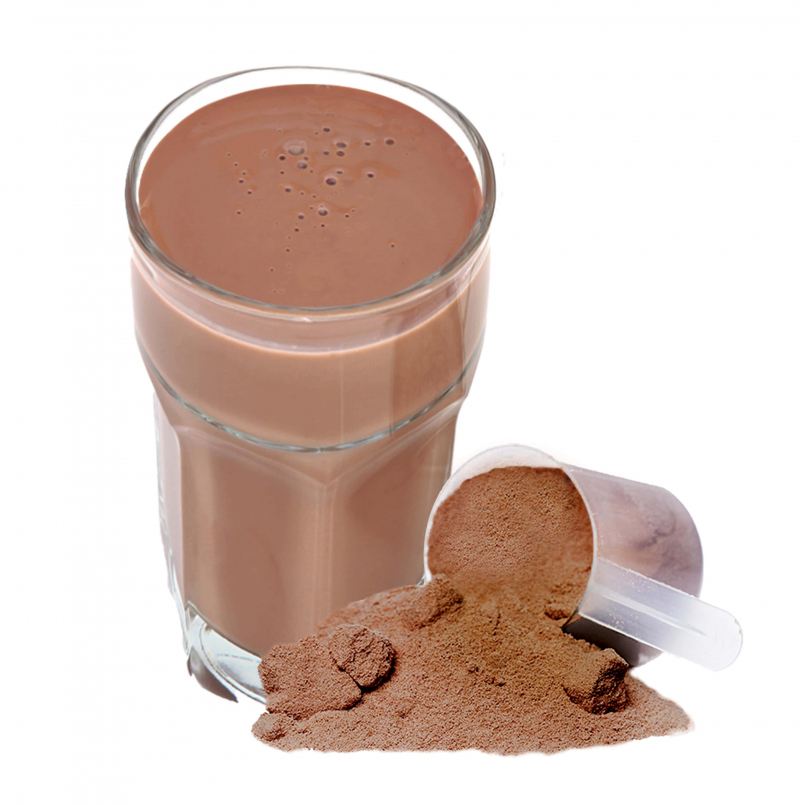
May lower blood pressure 
May lower blood pressure -
Type 2 diabetes is a chronic condition characterized by elevated blood sugar levels and insulin dysfunction. Insulin is a hormone that stimulates the uptake of blood sugar into cells, keeping it within normal levels. Whey protein has been shown to be effective at controlling blood sugar levels by increasing both insulin levels and sensitivity to its effects. When compared to other protein sources, such as egg whites or fish, whey protein appears to have the upper hand. These effects of whey protein may be akin to those of diabetes medicines like sulfonylurea.
As a result, whey protein can be utilized effectively as an adjunct treatment for type 2 diabetes. Taking a whey protein supplement before or after a high-carb meal has been found to lower blood sugar levels in both healthy and type 2 diabetic persons.

May help treat type 2 diabetes 
May help treat type 2 diabetes -
Inflammation is the body's response to injury. Short-term inflammation can be useful, but it can also become chronic in some circumstances. High doses of whey protein have been shown to reduce blood levels of C-reactive protein, indicating that it can help reduce inflammation.
Chronic inflammation can be hazardous, as it is linked to a variety of disorders. It could be the result of underlying health issues or unhealthy lifestyle practices. A major review study discovered that high dosages of whey protein supplements (more than or equal to 20 grams/day) significantly lowered C-reactive protein (CRP), a critical marker of inflammation in the body.

May help reduce inflammation 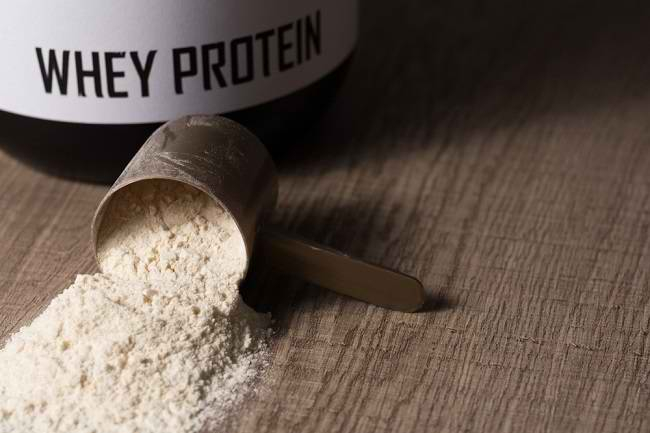
May help reduce inflammation -
Antioxidants are chemicals that protect the body from oxidation. This means they minimize the risk of several chronic diseases by reducing oxidative stress. Glutathione is one of the most significant antioxidants in humans. Unlike most antioxidants, glutathione is created by your body rather than being obtained through diet.
Glutathione formation in the body is dependent on the availability of numerous amino acids, including cysteine, which can be scarce at times. As a result, foods high in cysteine, such as whey protein, may improve the body's natural antioxidant defenses. A number of human and rodent studies have found that whey proteins may lower oxidative stress and enhance glutathione levels.
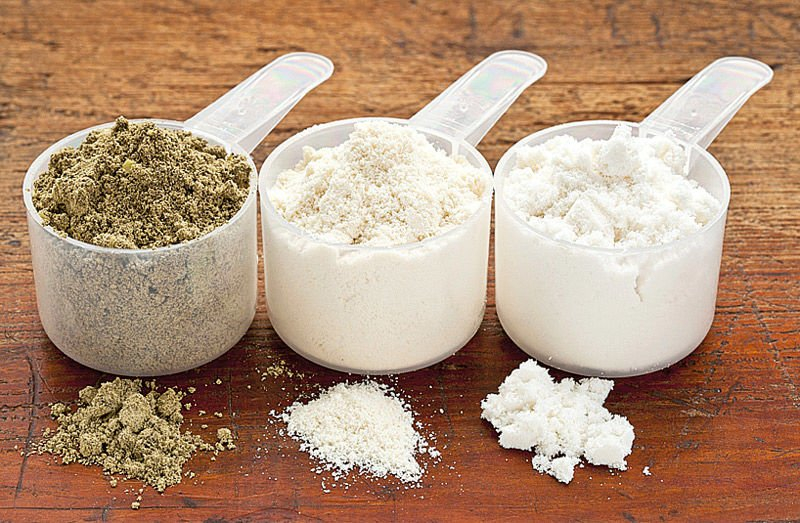
May enhance the body’s antioxidant defenses 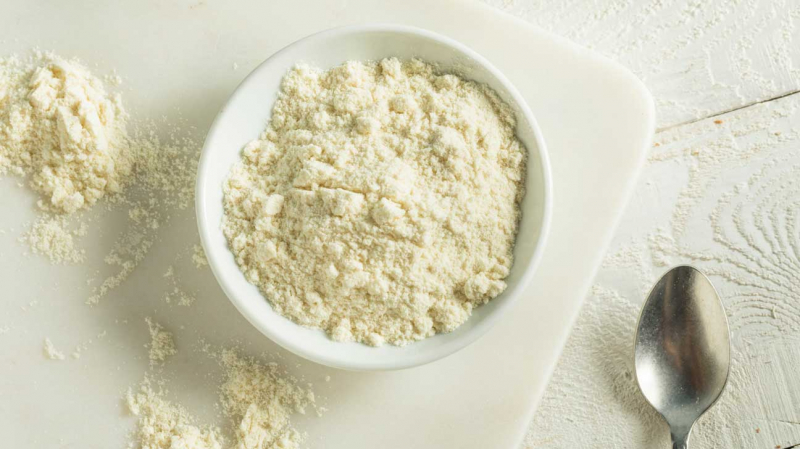
May enhance the body’s antioxidant defenses -
Satiety is a phrase used to describe the sensation of being full after eating a meal. It is the antithesis of appetite and hunger, and it should inhibit food cravings and the desire to eat. Some foods are more satiating than others, which is influenced by their macronutrient (protein, carbohydrate, and fat) makeup.
By far the most filling of the three macronutrients is protein. However, not all proteins have the same satiety effect. Whey protein appears to be more satiating than other protein sources such as casein and soy. These characteristics make it especially beneficial for folks who need to eat fewer calories and lose weight.
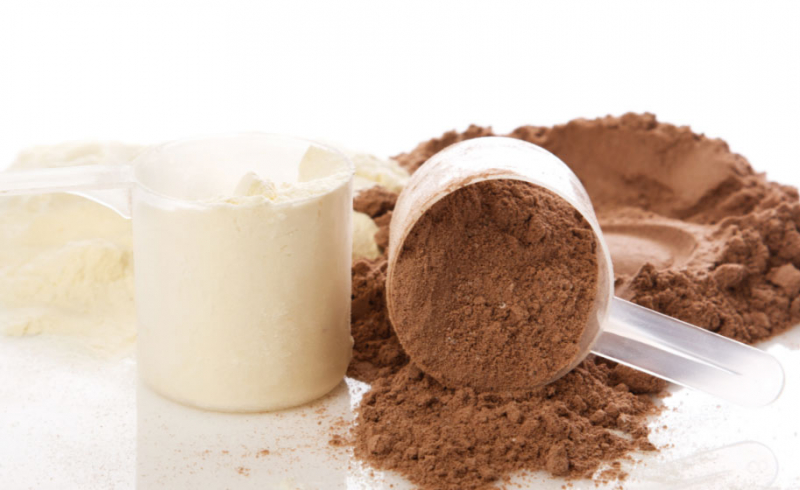
May help reduce hunger 
May help reduce hunger -
Inflammatory bowel disease (IBD) is a condition that causes chronic inflammation in the digestive system lining. It refers to both Crohn's disease and ulcerative colitis. Whey protein supplementation has been shown to help with IBD in both mice and people. However, the present evidence is weak, and more research is needed before making any firm claims.
High LDL (bad) cholesterol, in particular, is a risk factor for heart disease. In one 12-week research of overweight people, 65 grams of whey protein per day resulted in a considerable reduction in total and LDL cholesterol. Other investigations on blood cholesterol found no such impact. Differences in study design could explain the lack of effect. Finally, more research is required before any conclusions can be drawn.

May be beneficial for inflammatory bowel disease and other benefits 
May be beneficial for inflammatory bowel disease and other benefits





























